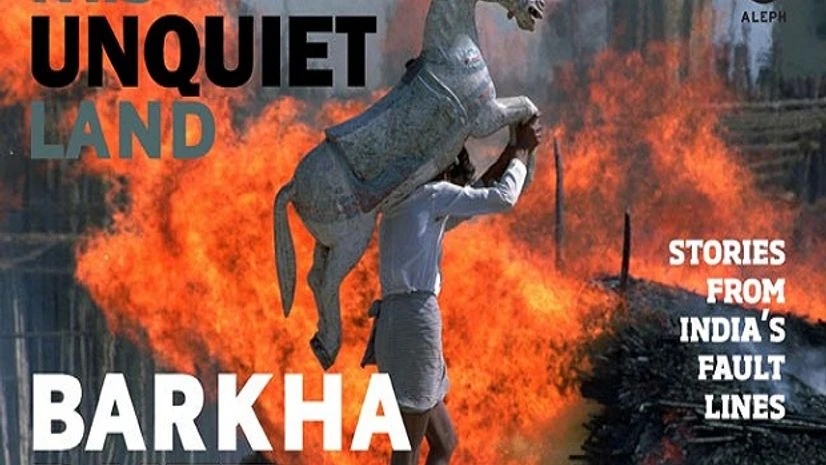In the midst of the Kargil war of 1999, then Prime Minister Atal Bihari Vajpayee had sent a ‘secret letter’ to Bill Clinton, the US President of the day, making it clear if Pakistani infiltrators did not withdraw from the Indian territory, “we will get them out, one way or the other”, reveals This Unquiet Land — Stories from India’s Fault Lines, a book by NDTV Consulting Editor Barkha Dutt.
According to an NDTV report on the book, Dutt has quoted former national security advisor Brajesh Mishra as telling her in an interview: “Crossing the Line of Control (LoC) was not ruled out, nor was the use of nuclear weapons.”
Dutt also writes that Indian Army had a ‘Six Day War’ contingency plan — deploying troops so that the boundary separating India and Pakistan could be crossed in less than a week, if necessary. “The (Indian) army chief was blunt with the PM: ‘If we can’t undo this in Kargil, I will have to attack somewhere else.’ He made it clear that a new war front could soon be opened in another part of the subcontinent — one that, by definition, involved crossing over,” the book reveals.
General V P Malik of India, after convincing PM Vajpayee, is said to have moved an army brigade from the Andaman & Nicobar Islands to the western border. Also, the Navy’s Eastern Fleet was moved from the Bay of Bengal to the Arabian Sea.
Both India and Pakistan wanted the US to intervene, but on their own terms. Dutt writes that India was sceptical of American classic power play in its dealings with South Asian countries, so when Clinton made a call to Vajpayee, promising the US was working on Pakistan to pull back its soldiers from Indian territory, the PM remained silent.
In a letter from Vajpayee, sent via Mishra to Sandy Berger and Karl Inderfurth, both high-ranking officials in the US government, India had bluntly said “We will get them out, One way or the other”, Mishra had revealed to Dutt; other contents of the letter remain largely undisclosed.
Two days later, the book says, Clinton sent Anthony Zinni, the commander-in-chief of the US Central Command, to Pakistan. Pervez Musharraf of Pakistan pressed for US mediation on Kashmir. “My mandate is Kargil, not Kashmir,” Zinni told Musharraf bluntly. “If you don’t pull back, you’re going to bring war and nuclear annihilation down on your own country.”
More From This Section
Pakistan’s earlier stand that the armed intruders in Kashmir were Kashmiri militants had been proved wrong by then, and it was known that these were mainly soldiers of Pakistan Army’s Northern Light Infantry. Pakistan needed something to save its face, but Zinni or Washington had very little to offer.
Even as a diplomatic war was on in June, the book says, India gained momentum and “just as Indian troops were preparing to take back Tiger Hill, Pakistan’s beleaguered prime minister was on the hotline with Washington”.
“Twenty-four hours later, at fifteen minutes past five, even as fireballs formed luminous red clouds over Tiger Hill, (Pakistani Prime Minister Nawaz) Sharif was packing his bags to leave for America,” Dutt writes in her book.

)
